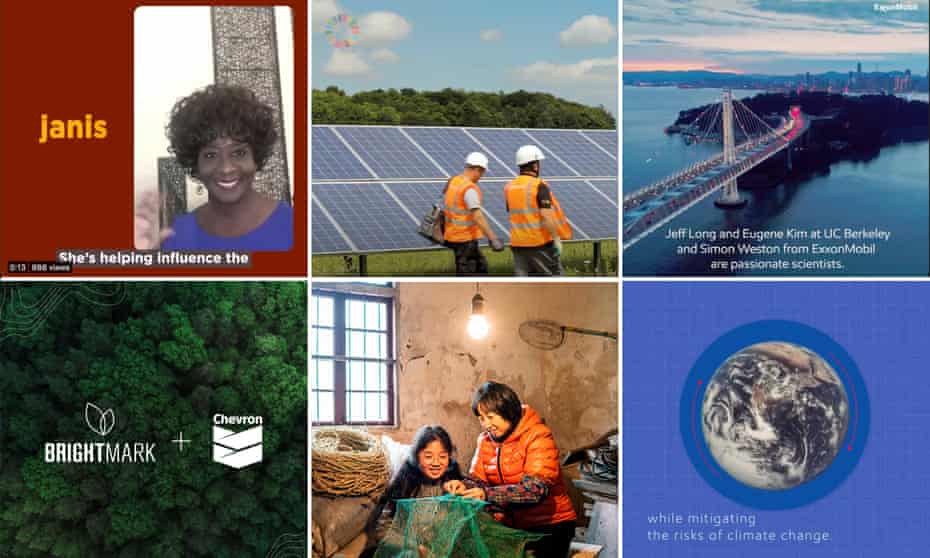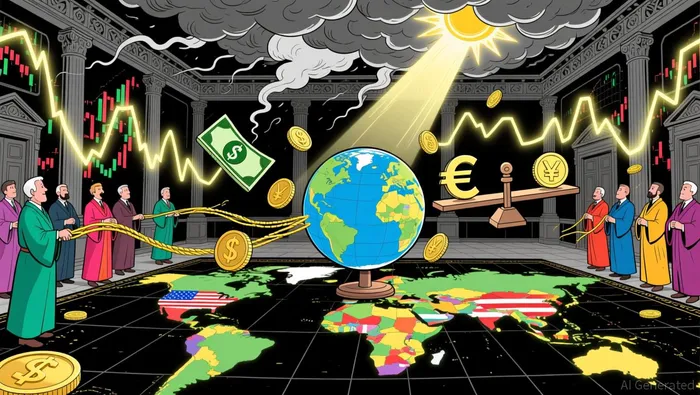Big oil’s ‘wokewashing’ is the new climate science denialism

"ExxonMobil has been touting its commitment to “reducing carbon emissions with innovative energy solutions”.
Chevron would like to remind you it is keeping the lights on during this dark time. BP is going #NetZero, but is also very proud of the “digital innovations” on its new, enormous oil drilling platform in the Gulf of Mexico.
Meanwhile Shell insists it really supports women in traditionally male-dominated jobs.
A casual social media user might get the impression the fossil fuel industry views itself as a social justice warrior, fighting on behalf of the poor, the marginalized, and women – at least based on its marketing material in recent years.
These campaigns fall into what a handful of sociologists and economists call “discourses of delay”.
While oil and gas companies have a long track record of denying climate change, even after their own scientists repeatedly warned of the harm caused by burning fossil fuels, now the industry’s messaging is far more subtle and in many ways more effective than outright climate science denial.
By downplaying the urgency of the climate crisis, the industry has new tools to delay efforts to curb fossil fuel emissions. And worse yet: even industry critics haven’t fully caught up to this new approach.
“If you just focus on climate denial, then all of this other stuff is missed,” explains Robert Brulle, an environmental sociologist and visiting professor at Brown University.
Brulle, who published a peer-reviewed study in 2019 that analyzed major oil corporations’ advertising spending over a 30-year period, says the “lion’s share” of ad dollars were directed not toward denial, or even toward the industry’s products, but toward pro-fossil fuel propaganda – campaigns that remind people over and over again about all the great things oil companies do, how dependent we are on fossil fuels, and how integral the industry is to society. . .And while conspiracy theories claiming climate change is a hoax may surface occasionally, they are no longer an effective strategy.
. . .This strategy generally takes one of two forms: (1) either warnings that a transition away from fossil fuels will adversely impact poor and marginalized communities, or (2) claims that oil and gas companies are aligned with those communities. Researchers call this practice “wokewashing”.
...
Discourses of delay don’t just show up in advertising and marketing campaigns, but in policy conversations too.
“We’ve gone through thousands of pieces of testimony on climate and clean energy bills at the state level, and all of the industry arguments against this sort of legislation included these messages,” says J Timmons Roberts, professor of environment and sociology at Brown University, and a co-author on the “discourses of delay” paper. . .
While the social justice argument stands out as a favorite at the moment, Lamb says the others are in regular rotation too, from focusing on what individual consumers should be doing to reduce their own carbon footprints to promoting the ideas that technology will save us and that fossil fuels are a necessary part of the solution.
“These things are effective, they work,” Roberts says. “So what we need is inoculation – people need a sort of field guide to these arguments so they’re not just duped.”
This story is published as part of Covering Climate Now, a global collaboration of news outlets strengthening coverage of the climate story.
.png)


No comments:
Post a Comment